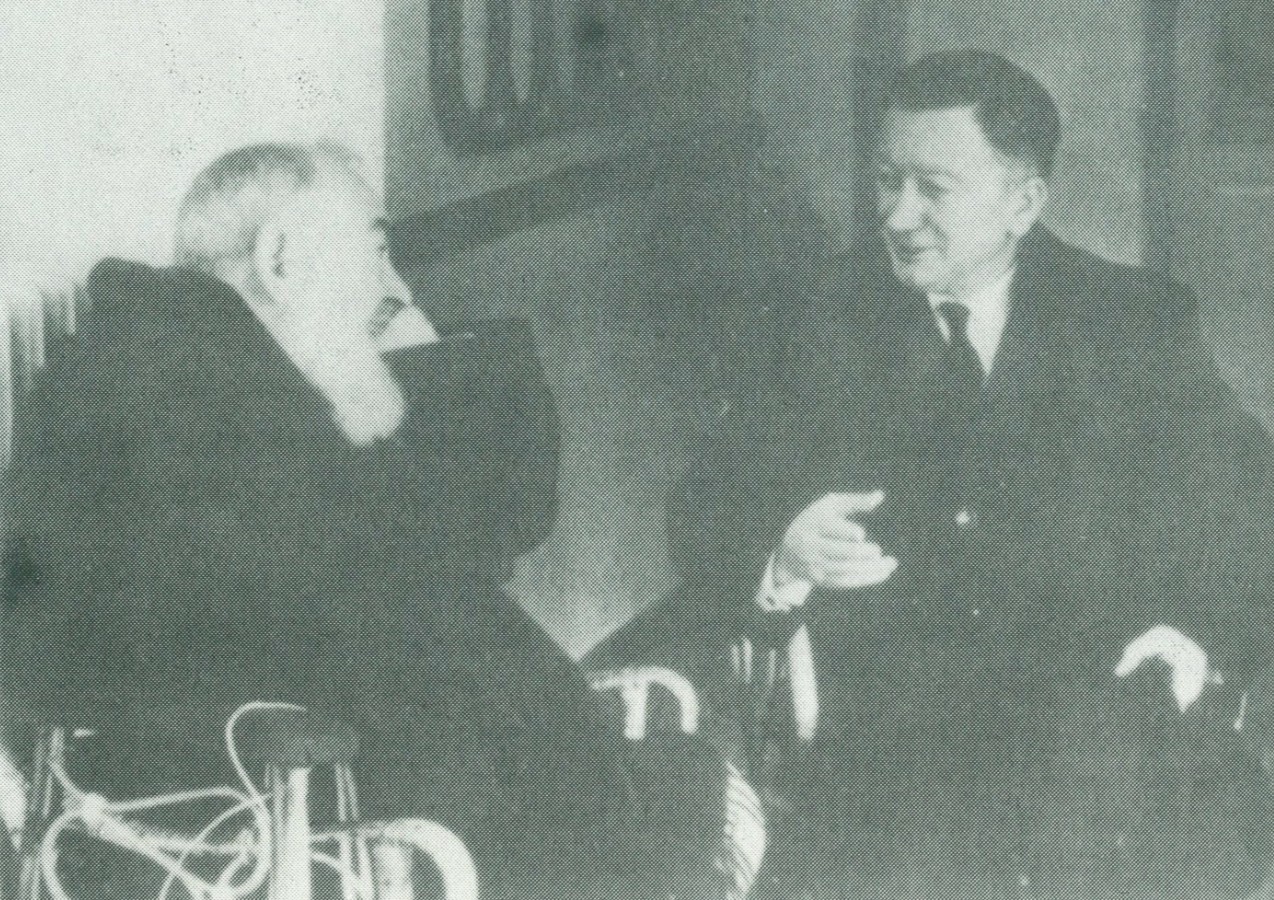The saints apply that same principle to God. He is near us, speaking to our hearts, and we should speak back. Our words can be as simple as any greeting we’d make to a parent, child, spouse, or sibling in the same room as us.
“Jesus, I trust in you,” is one example. Or “Jesus, Mary, and Joseph, I love you. Save souls.”
These short prayers will spring naturally to our hearts if we live in the awareness that we are constantly, unfailingly in the presence of God. While it is not possible to have that awareness at the forefront of our minds all the time, with practice, we can become aware of God’s closeness many, many times throughout the day.
In the long tradition of the Church, various names have been given to these short prayers — our little hellos — that we speak to Our Lord throughout the day. They are called aspirations, or ejaculatory prayers (from the Latin for bursting forth), or as well, “arrow” prayers.
This last title was used by Padre Pio when he described these short, spontaneous prayers. He said they are like “arrows that wound God’s heart.”
What’s more, the beloved Italian saint said that arrow prayers have a special power in bringing down God’s grace upon us.
Writing in December of 1914, he said that it was not exaggerated to affirm that God is obliged to answer these prayers. He wrote:
… this word is not at all exaggerated in this case …
I urge you continually to renew the right intention you had at the beginning and to recite ejaculatory prayers from time to time. Those prayers are like arrows that wound God’s heart and oblige him — and this word is not at all exaggerated in this case — oblige him, I tell you, to grant you his graces and his help in everything.
